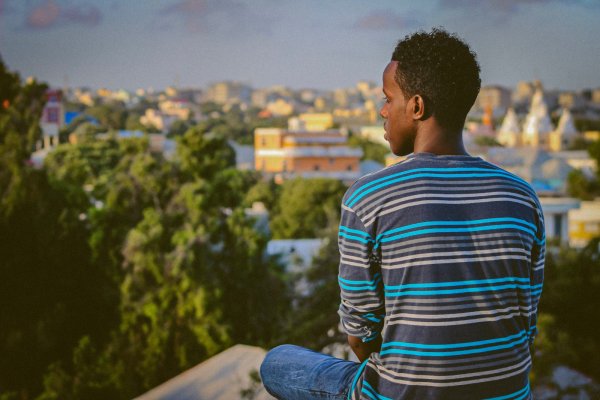
The Global Campus on Human Rights has recently published a toolkit aiming to examine the current situation for children deprived of their liberty on the grounds of armed conflict or national security, building on the findings and recommendations of the UN Global Study on Children Deprived of Liberty.
The report details that there are approximately 37,000 children deprived of their liberty on these grounds. Whilst not the most common group in terms of contexts where children are deprived of their liberty, it is one that is consistently overlooked, and often exposed to the most dire human situations. The situation is worsening with the increase in conflict zones throughout the world –approximately one child in every six lives in a conflict zone-, and also with the strengthening of counter-terrorist measures.
The toolkit presents general recommendations that promote diversion, non-custodial measures and a child-friendly justice system. It breaks down five areas of action: child protection in law relating to armed conflict and national security; specific protection for children suspected of national security offences; handover protocols and standard operating procedures; rehabilitation and reintegration; and the return of foreign children associated with armed groups.
Each separate section offers its own recommendations, as well as examples of countries with promising practices in this area, which may represent possible solutions to stakeholders. These recommendations are made with the aim of awarding children their deserved rights, as defined in the Convention of the Rights of the Child, for example by recommending the explicit exclusion of children by states in their counter-terrorism security legislation. Throughout the toolkit, a particular focus is placed upon the notion that children involved in armed conflict should not be considered perpetrators, but victims of crimes committed by adults.